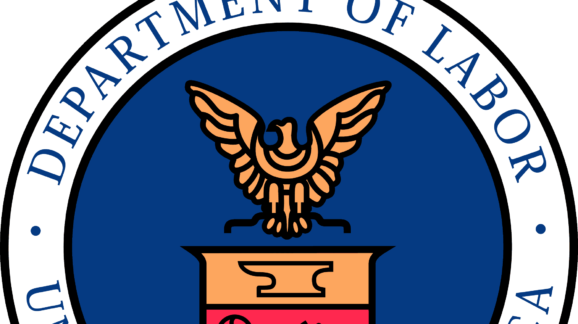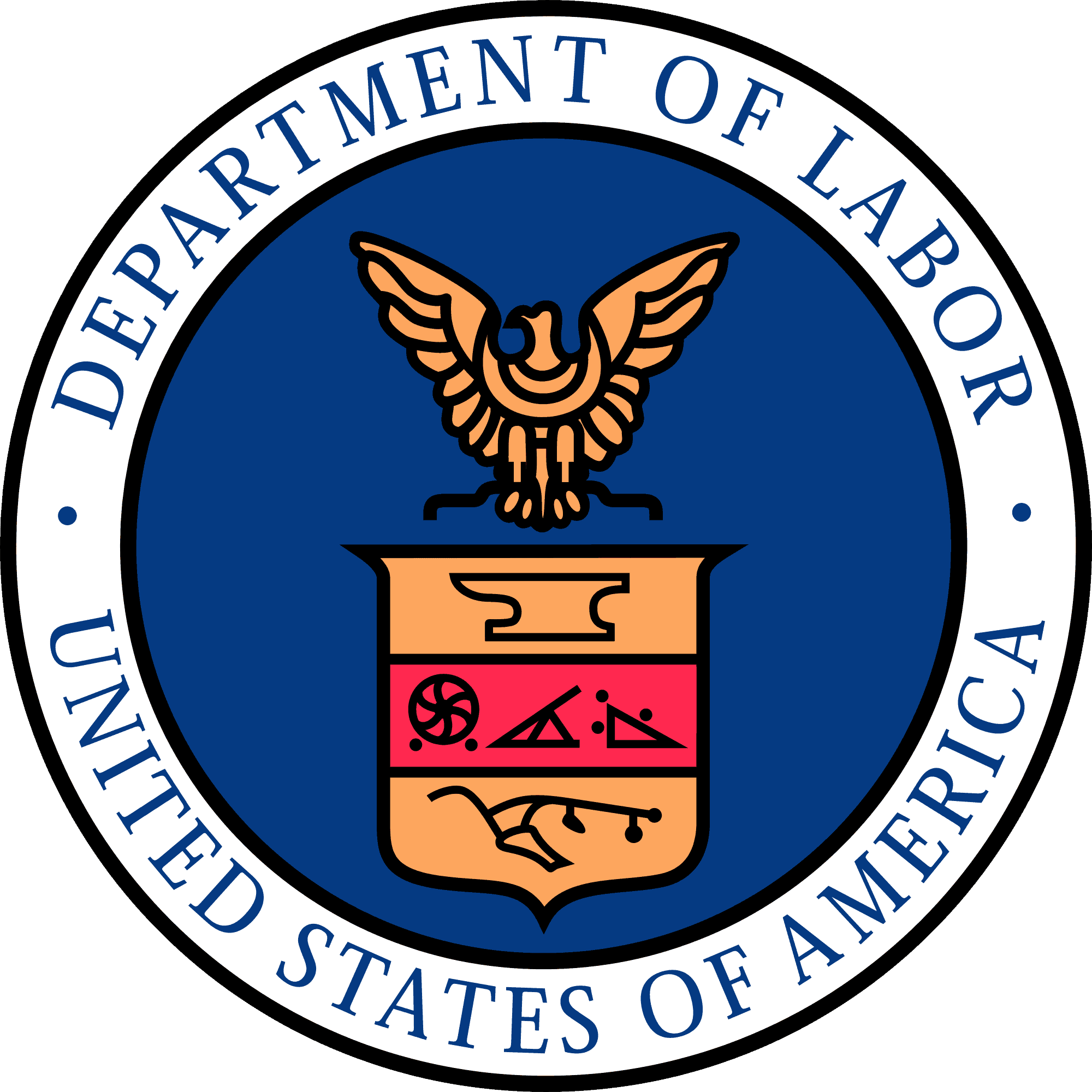Obama’s Labor Legacy: Overreach and Overregulation

 Over the past eight years, the Department of Labor has consistently pushed the boundaries of its authority. The agency’s overreach has greatly restricted how people work and how employers may run their business, and benefited labor unions over the public good.
Over the past eight years, the Department of Labor has consistently pushed the boundaries of its authority. The agency’s overreach has greatly restricted how people work and how employers may run their business, and benefited labor unions over the public good.
Fortunately, the DOL’s overreach has recently drawn the ire of the courts. In each of three consecutive months, a major DOL rule was struck down by the courts.
A case in point is the DOL’s overtime rule. One of President Obama’s most damaging regulations, the rule would have pulled the rug out from under workers, especially junior managers and individuals with a high school diploma or less, and dramatically increased costs and paperwork burdens on small businesses. The rule raises the salary threshold for overtime-eligible employees from $23,660 to $47,892.
The DOL expected the overtime rule to be its landmark achievement, but it was blocked in U.S. District Court in November of last year. Judge Amos Mazzant agreed with 21 state attorneys general that while “the salary-level test has existed for decades, it has always been an unauthorized DOL invention.”
In October another DOL rule, which would have imposed new reporting requirements on federal contractors, was shot down. The red tape required contractors who bid on federal contracts greater than $500,000 to report alleged and actual labor violations over the last three years.
Although referred to as the “Fair Pay and Safe Workplaces” Executive Order, according to the government’s Regulatory Impact Analysis, “there were insufficient data to accurately quantify the benefits presented.” Further, the federal government asked for more data to “allow more thorough benefit estimations, however no data were received that could be used to quantify the benefits of the final rule.”
Since the rule produced zero quantifiable benefits, it is unlikely it would have made pay equitable or workplaces safer. Besides the rule not producing what it claimed, the court found merit in the plaintiffs’ First Amendment complaint. The reporting requirements of the rule were viewed as “compelled speech” by the court because the regulations imposed immediate disclosure of any labor violation, even if the violation did not occur while working on a government contract or was simply an allegation rather than a final agency or court decision.
As the District Court stated the rule would “compel government contractors to ‘publicly condemn’ themselves by stating that they violated one or more labor or employment laws.” Making matters worse, federal contractors would have been required to “publicly condemn” themselves over mere allegations of wrongdoing, not actual labor law violations.
In December 2016, the federal Northern District Court of Texas also set aside the DOL’s misguided persuader rule. The rule had dramatically increased reporting and public disclosure requirements on employers who seek legal advice on how to counter union organizing campaigns. Prior to the persuader rule, disclosure of labor consultants was only required when they directly contacted employees.
The rule put many small to mid-size employers at risk. These companies are far less likely to have attorneys on staff to guide them through what actions they may take during an organizing campaign. Legal assistance during a union election has become even more pressing due to a National Labor Relations Board rule that imposed an extremely short cutoff time to file motions during a union election.
The Texas District Court struck down the persuader rule because “the new rule is defective to its core because it entirely eliminates the … [legal] advice exemption,” and violates the First Amendment.
The good news is that courts have checked some of the DOL’s most overreaching and costly rules. The bad news is that the DOL still imposed shockingly huge costs on the business community.
During the eight years of the Obama administration, the DOL imposed $55.7 billion in total finalized regulatory costs and added nearly 70 million in paperwork burden hours, according to Regulation Rodeo, a project of the American Action Forum.
There is a lot of work to do in order to reverse the overreach and overregulation at the Department of Labor. But there is hope. President-elect Donald Trump has nominated Andrew Puzder, CEO of CKE Restaurants, who understands what causes job creation—pro-market policies—and what doesn’t—heavy handed government mandates.